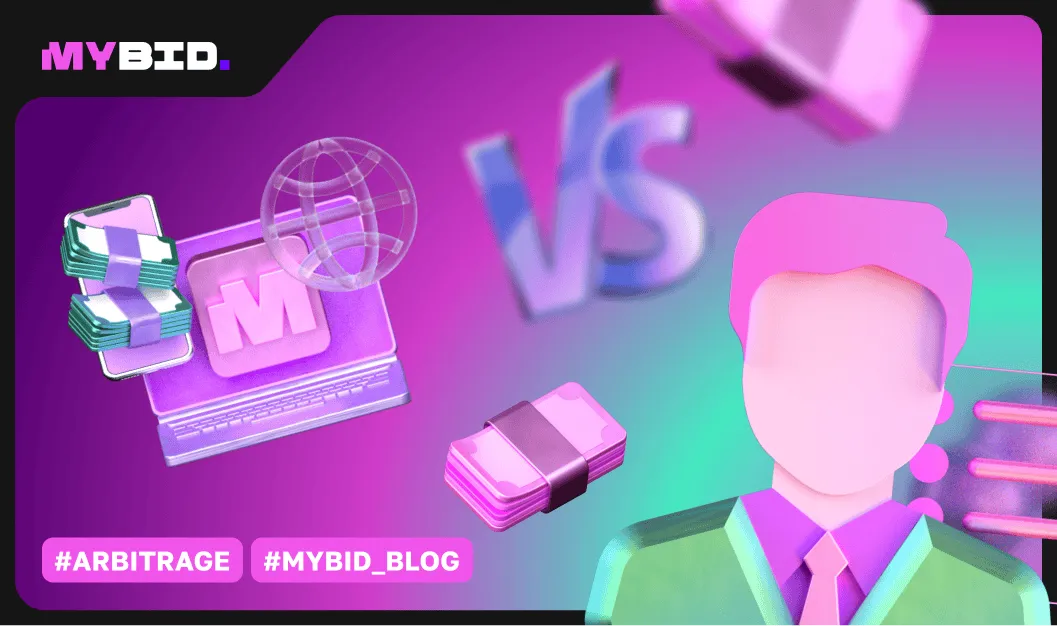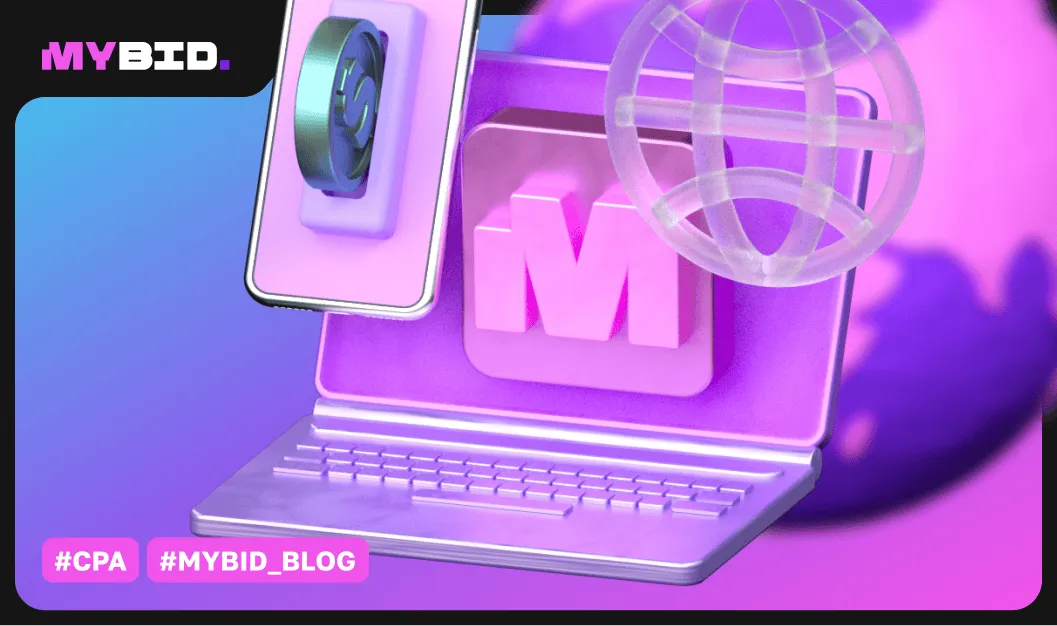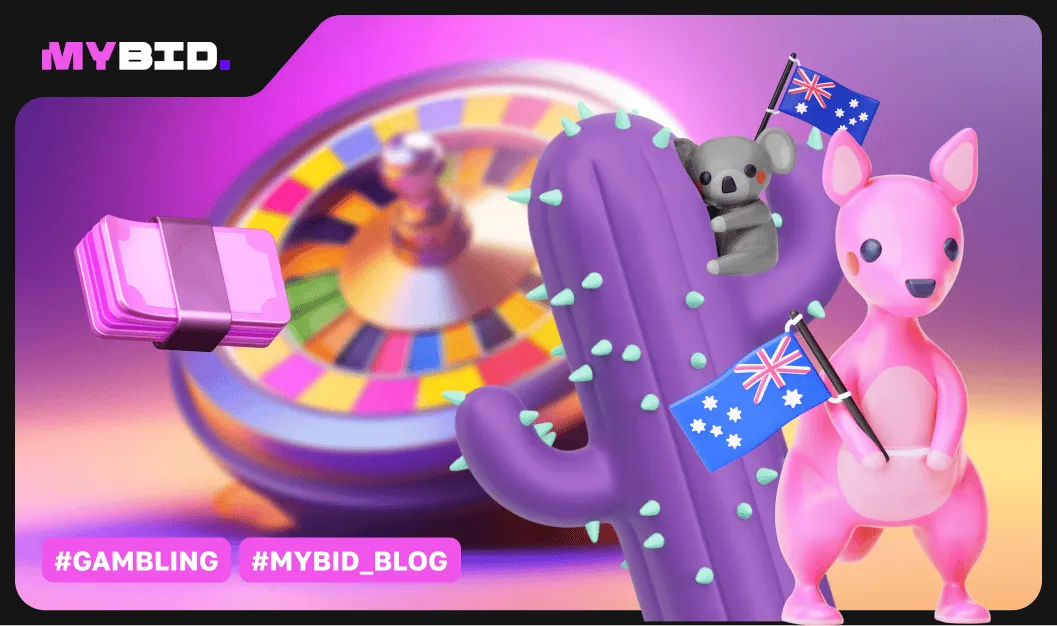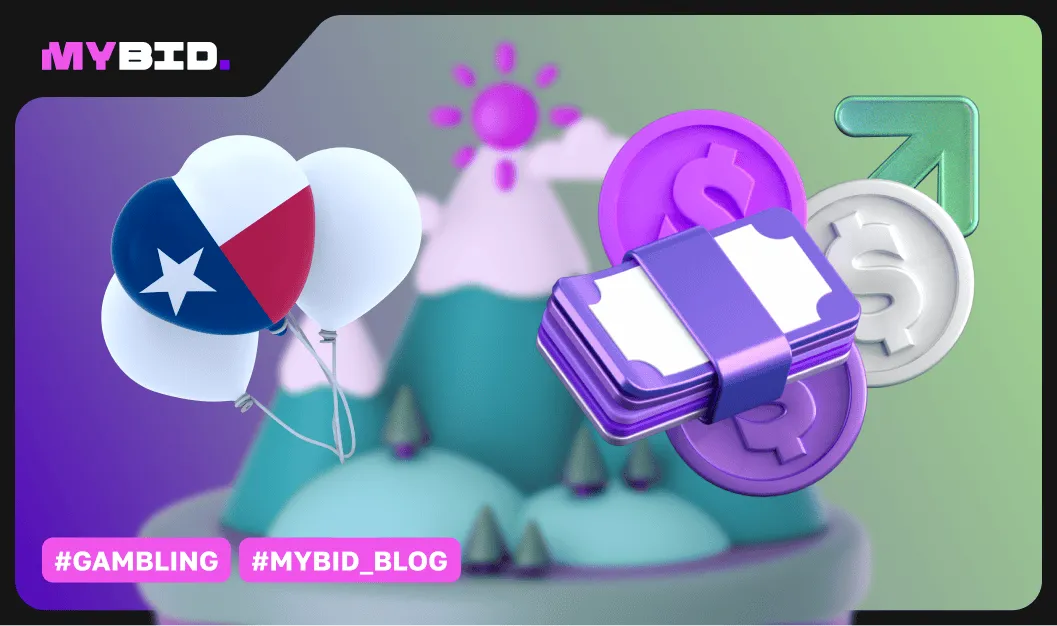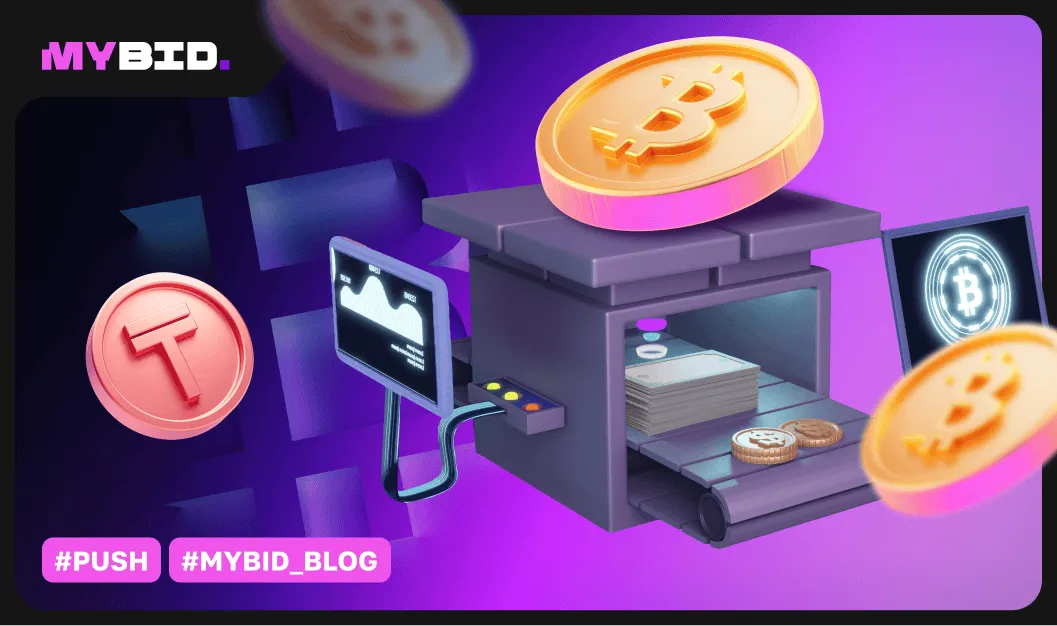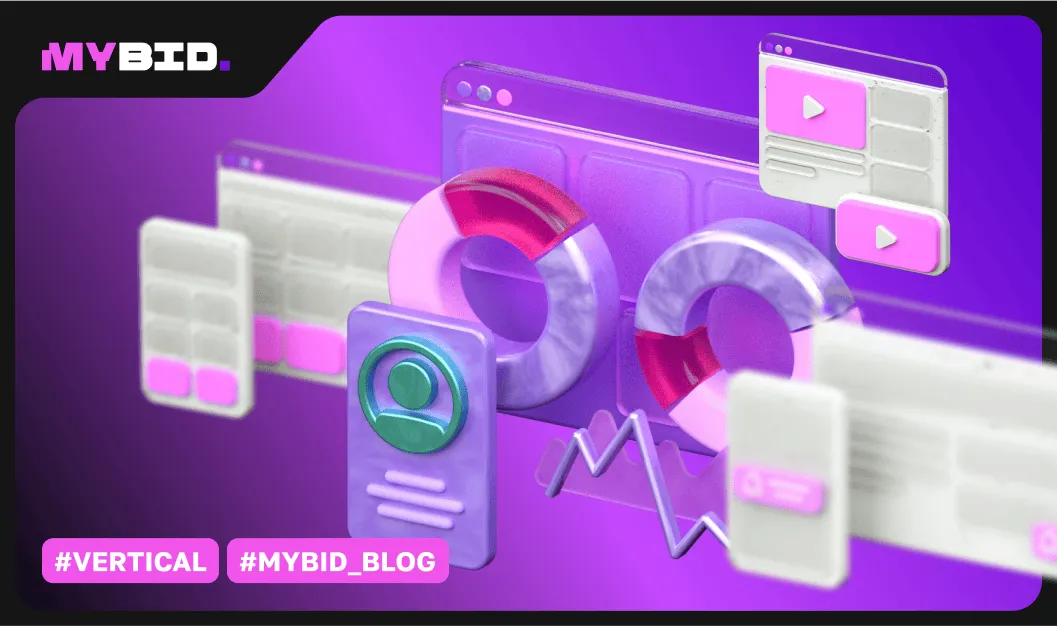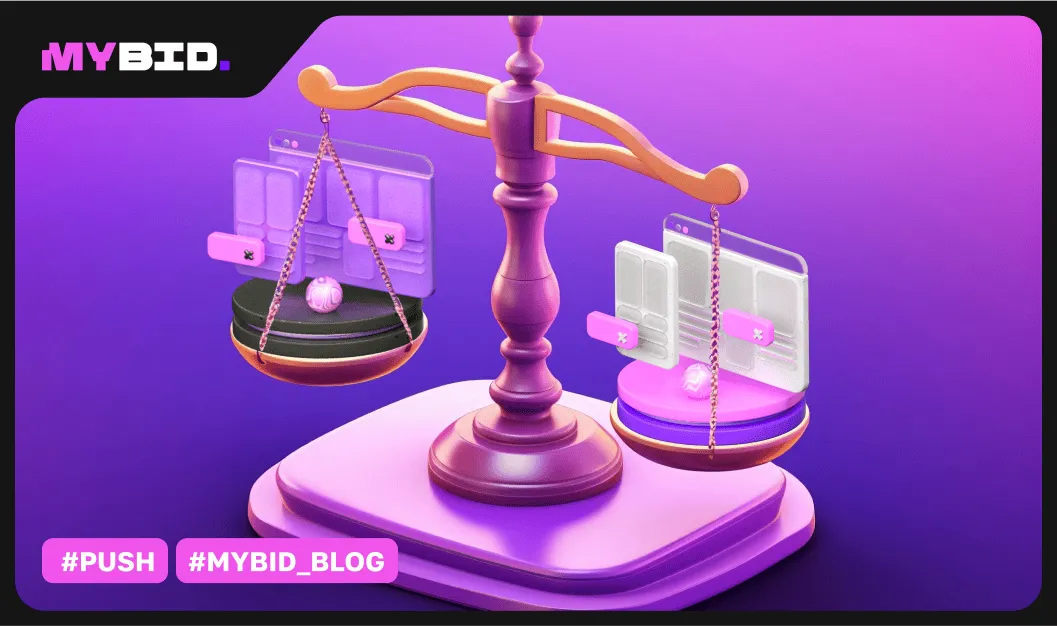Practically everyone who's interested in making money online eventually stumbles across affiliate marketing. Affiliate marketers themselves often talk up how much they're earning - they'll go on about their fancy vacations, expensive cars, and designer items.
At the same time, you'll also see a lot of information out there claiming that affiliate marketing is a total scam, especially for beginners who are just starting out. So, what's the real deal with affiliate marketing and making money from it?
In this article, we're going to take a close look at how you can actually earn money through affiliate marketing. We'll dig into whether this whole industry is legit or just a big rip-off. And we'll also cover the steps you can take to become a top-performing affiliate marketer, even if you're brand new to it all.

Introduction
Affiliate marketing is the process of attracting customers, leads, and clients for various products from affiliate networks and direct advertisers in exchange for a commission fee (most often at a fixed rate or a percentage of revenue).
Why is affiliate marketing considered a scam?
There are many reasons affiliate marketing is considered a scam. Let's look at them in order:
- Deceptive advertising: Some affiliates use misleading tactics to convince people to make purchases, such as promoting "secret" schemes or questionable products like penis enlargement pills.
- Affiliate network shaving: Dishonest affiliate networks may underreport the number of sales or leads generated to avoid paying commissions to affiliates.
- Advertiser shaving: Advertisers may refuse to pay affiliates for generated traffic by claiming it's low-quality or fraudulent.
- Fake leads: Affiliates might try to game the system by generating fake leads or sales to earn commissions.
- Fake gurus: Self-proclaimed "experts" with little experience often promote expensive courses promising huge affiliate marketing earnings, but these courses rarely deliver value.
In addition to the scams listed above, there are other types of fraud due to which some consider traffic affiliate marketing a scam.
However, affiliate marketing can be fundamentally an honest business, and affiliates themselves do not like scammers.
How to make money from affiliate marketing?
Here’s a basic outline of how affiliate marketing works:
- Analyze the offers: The first step in affiliate marketing is to explore various offers available in affiliate networks. You need to start by researching reputable affiliate networks. Once you've joined a network, evaluate the offers available. Look for offers that align with your niche and audience, considering factors like commission rates, product quality, and market demand. Finally, select an offer that you believe will resonate with your audience and has the potential for high conversions.
- Get an affiliate link: Once you have selected an offer, the next step is to obtain your unique affiliate link. This link is used to track the traffic and sales you generate. To do this, sign up for the affiliate program of your chosen offer. After your application is approved, you will be provided with a unique affiliate link. This link is crucial as it tracks your referrals and ensures you get credited for any sales or actions.
- Create your ads: You have several options for creating ads. First, you can create your own ads using tools like Canva or Adobe Spark. If you prefer professional-quality ads, you can hire a designer to create them for you. Alternatively, you can use spy tools that allow you to analyze competitors’ ads and gain inspiration for your own.
- Set up and launch your advertising campaigns: You can work with a variety of channels and platforms. For both beginners and experienced marketers, the MyBid advertising network is a good choice to start with. MyBid offers a range of advertising formats and geo-targeting options at low rates. The platform also provides a fully managed system with personal managers who not only help with advice but also assist you with campaign setup and optimization tasks.
- Optimize the campaign: As the campaign runs, use analytics tools to track the performance of your ads, including click-through rates (CTR), conversion rates, and return on investment (ROI). Identify which ads, texts, and landing pages are performing well and which are not. Remove ads and landing pages that are not converting well, and make data-driven decisions to refine your campaign and improve its performance over time.
- Receive payment: The ultimate goal of affiliate marketing is to earn commissions. Ensure that all sales or actions generated through your affiliate link are tracked accurately. Most affiliate programs have a minimum payout threshold, so make sure you meet these requirements to receive your earnings. Payments are typically made via bank transfer, PayPal, or other methods specified by the affiliate program.
Of course, the strategy may vary depending on your chosen traffic sources and offers. For example, promoting offers through paid ads on Facebook requires a different approach than ranking affiliate content in search engines.
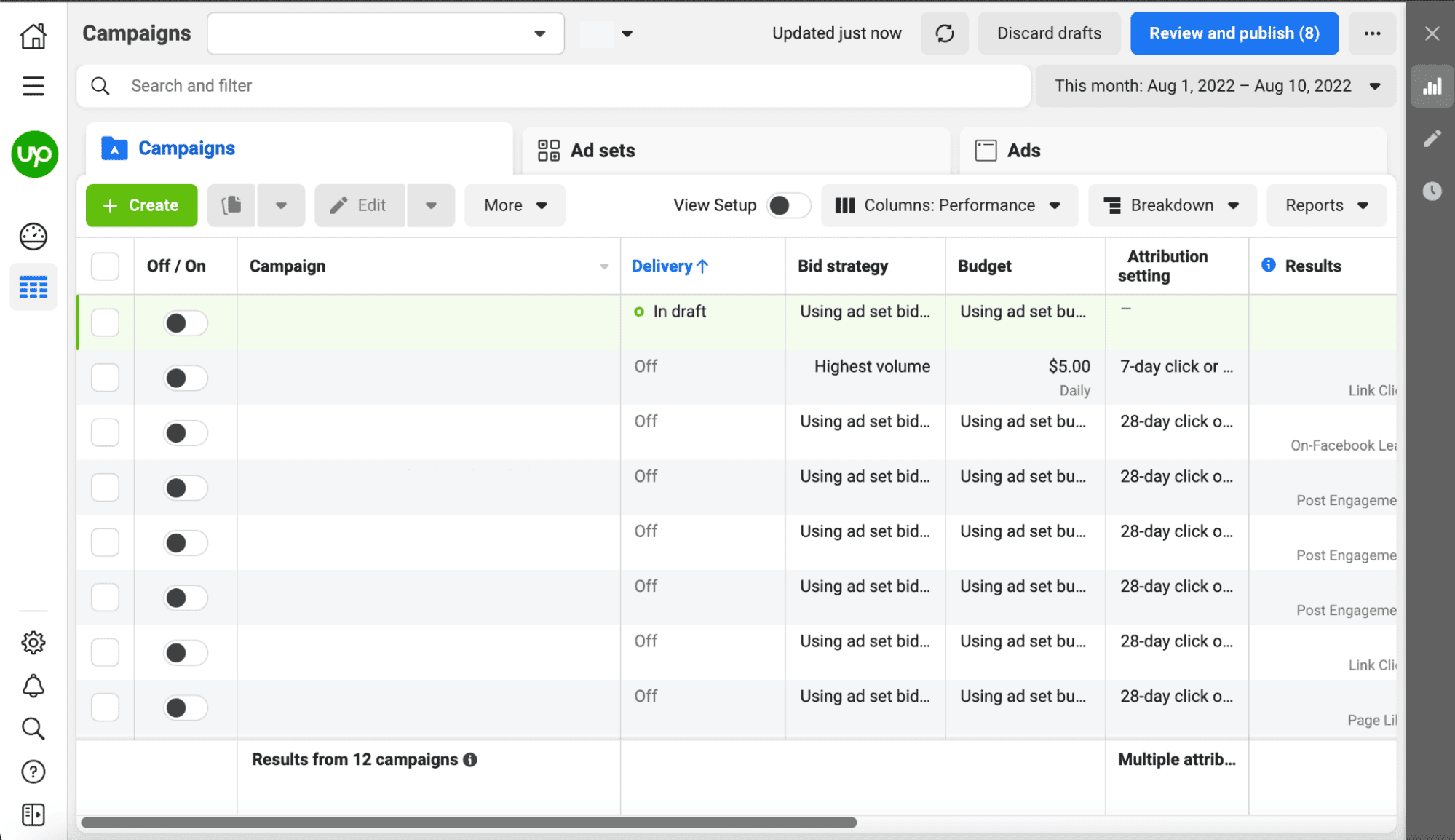
To calculate your affiliate marketing profits, subtract your expenses (such as advertising costs and any required tools or services) from your total commissions earned. To determine your return on investment (ROI), divide your net profit by your total expenses. For example, if you earned $30,000 in commissions and spent $10,000 on expenses, your net profit would be $20,000, and your ROI would be 200% ($20,000 profit / $10,000 expenses).
While affiliate marketing can be profitable, success requires hard work, continuous learning, and the ability to adapt to changes. However, scams do exist. We'll discuss real examples of affiliate marketing scams next.
Examples of affiliate marketing scams
A $30,000 scam committed by an affiliate network
This is an interesting story because even an experienced and well-established team fell for a fraud. It started when the owner of the affiliate marketing team posted a job ad for a media buyer on Telegram channels about HR. After interviewing candidates, they hired someone who was great at advertising gambling offers.
The new media buyer suggested using an affiliate program called Golden Partners. At first, the affiliate network seemed legit, with managers and tech support promising an easy onboarding process. They asked the team owner the same standard questions as other networks, which didn't raise any red flags.
After a month of working together, the team was expecting a $30,000 payment. But the affiliate network disappeared without a trace — they deleted all chats, accounts, and even their website. To avoid such scams, never work with unknown affiliate networks, get feedback from others, and thoroughly check everything if you have any doubts.
Resources scam
This is a simpler scam that often targets new affiliates.

It goes like this:
Someone posts an announcement on Telegram, saying they can teach you how to drive traffic from Facebook, Google, etc. for offers. They say they'll provide all the necessary info and training for free. But the affiliates have to pay for the "resources" (like proxies, accounts, payment methods, etc.) that they will use.
Inexperienced affiliates reach out, excited by the offer. The "scammer" convinces them to buy the resources from a specific seller. If asked about the seller's credibility, the scammer claims they've tried many options and this one is the most reliable.
In reality, the seller provides low-quality resources at massively inflated prices (often a 1000% markup). The average purchase is around $200. The seller scams 10-20 people, collects the money, deletes their account, and starts a new one to repeat the cycle.
To avoid this, don't trust strangers in chat groups, research sellers thoroughly, and buy resources from trusted sellers.
Education scams — The Creo School Scam
A lot of beginners are drawn to affiliate marketing because of the potential to make a lot of money from advertising. Unfortunately, some of them end up getting tricked by dishonest course sellers. A recent example is "The Creo."
The founders of this course claimed that their team made $660,000 in 2023 and that 940 out of the 1,150 people who attended (over 80%) were making more than $1,500 per month. But this should have raised some red flags — the founders also said there had only been 3 training sessions with a maximum of 50 students each.
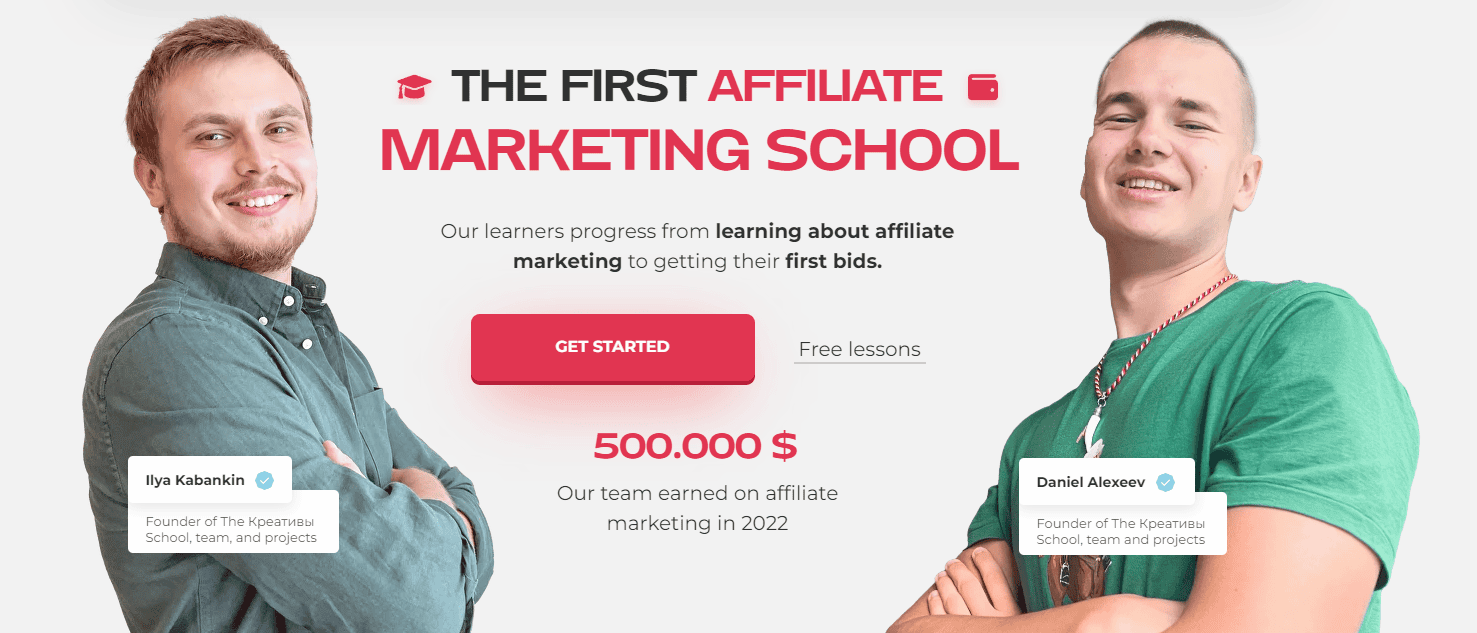
Students who enrolled reported there was almost no real training at all. They just got access to a Google Drive folder with some Word and Excel files. Even basic terms that beginners need to know weren't properly explained. For example, the lessons on ad creatives and landing pages didn't cover what a "White Page" is.
Another issue was that after giving students access to the Keitaro tracker, the instructors didn't explain how to use it, how to pay for the server, or why paying for the tracker was necessary in the first place.
People who finished the training said even a regular affiliate manager provides more useful information than the whole school — things like showing profitable offers and clarifying industry terminology. The minimum course fee was $499, but students got low-quality lessons and materials, and unhelpful responses from the instructors about their marketing campaigns.
To avoid getting scammed like this, be careful of ads for paid training courses, secure all agreements with formal contracts, and avoid sending any funds to unverified partners.
How to become an affiliate from scratch
For people new to affiliate marketing, there are two main training options:
- Take free training courses: There are lots of tutorials available for beginners on blogs of top affiliate marketing companies, like the blog of the MyBid advertising network.
- Get practical experience: Many experienced affiliates believe the best way to learn is by doing it yourself. You can either start doing affiliate marketing on your own, or join a team.
Going solo requires some startup capital, and without experience it will be really tough to compete in 2024. Joining a team usually provides both a budget and an experienced mentor to guide you. The downside is the team will take a big cut of your profits.

Besides those two main options, new affiliates can also learn by reading educational articles in affiliate marketing forums. Talking directly to affiliate managers or successful affiliates on those forums can provide helpful insights too. Another way is to talk to the affiliate managers on both advertising networks and affiliate networks.
The MyBid ad network, for example, assigns each affiliate a personal manager. They don't just help choose and submit offers — they also advise on ad creatives, and can even help the affiliate to set up ads and optimize the advertising campaigns using MyBid's fully managed system.
Conclusion
It's important to note that like any industry, there are scams in affiliate marketing. But most affiliates simply work hard and earn money by properly promoting various offers.
With persistence, a thoughtful approach, and gaining some real-world experience, it's very possible to generate a stable monthly income from affiliate marketing.



